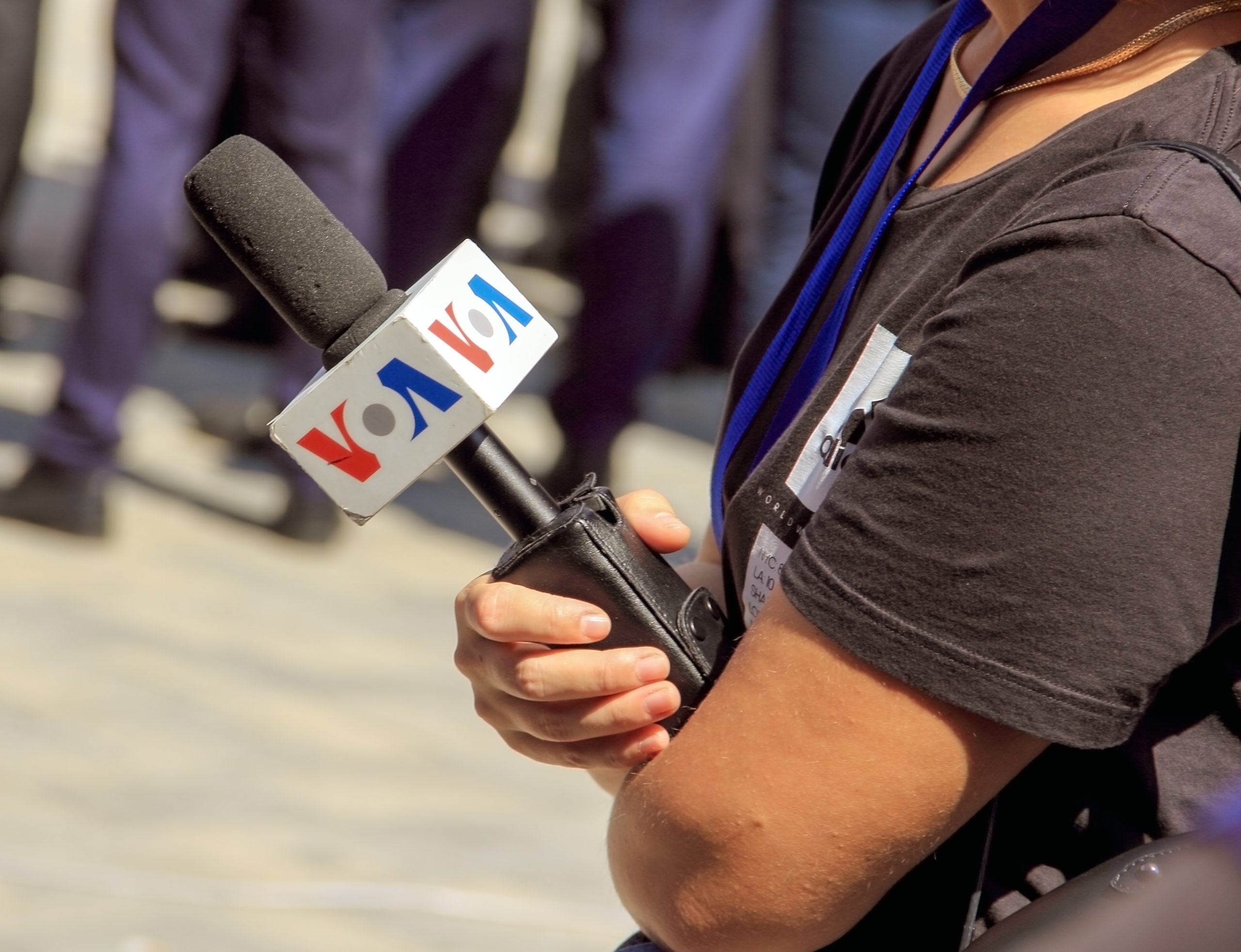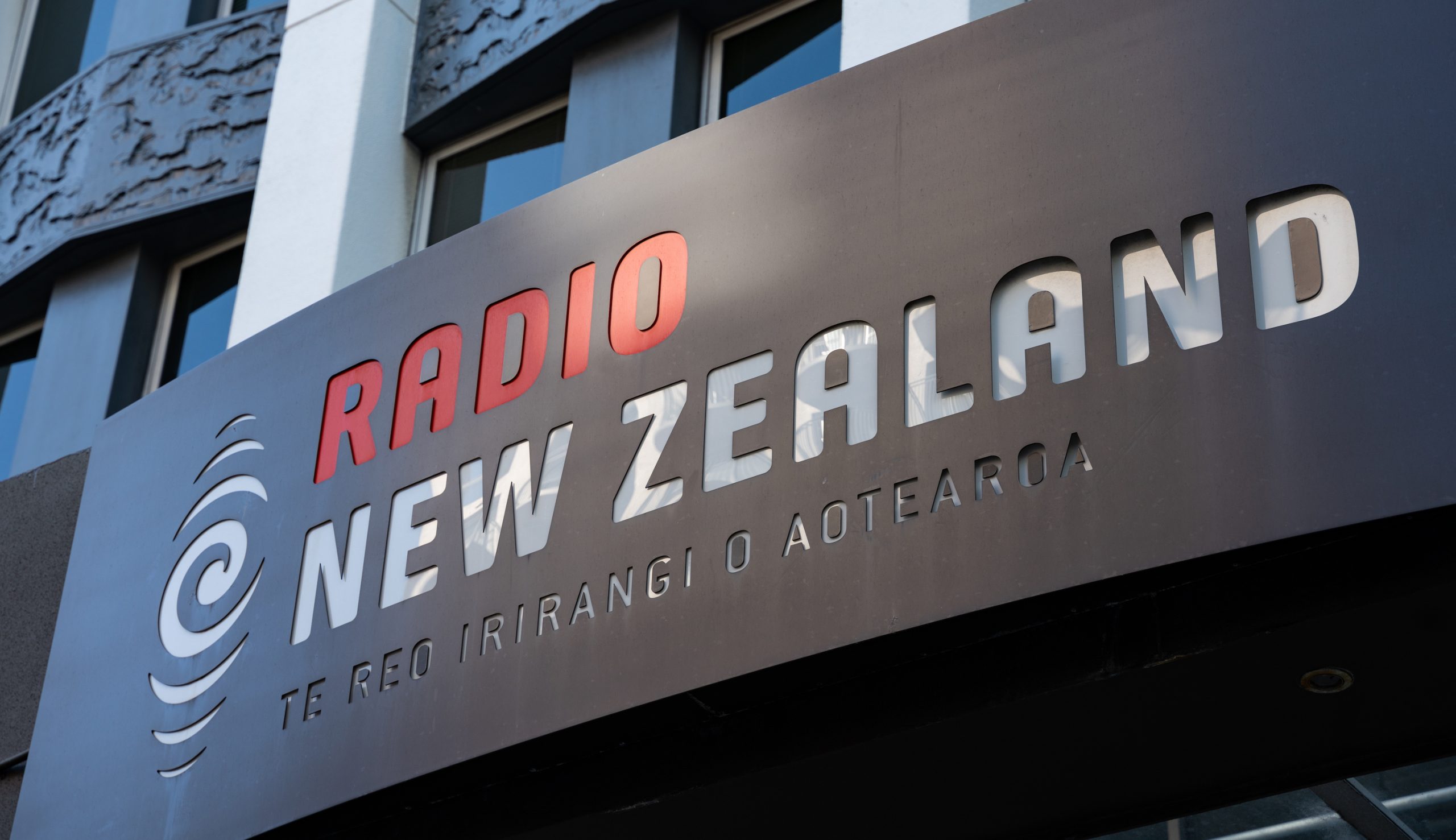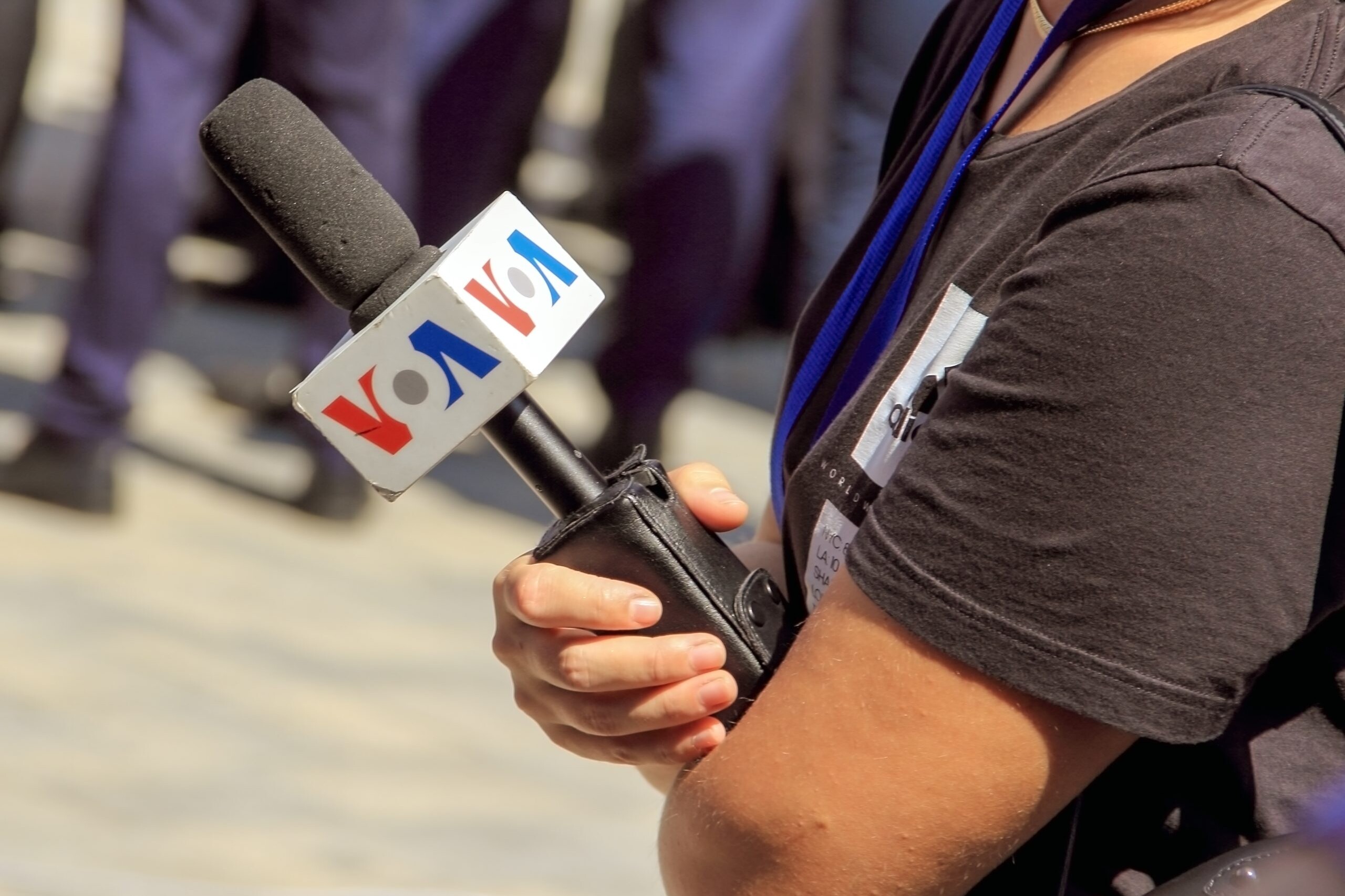The PMA Briefing
Hope for PSM funding at last?
18 March 2025
Belgium’s Dutch-speaking public broadcaster gets a €20 million boost, the US Congress approves domestic public broadcasting funding, and is the long-ailing SABC about to turn a corner towards profitability? However, gloomy situations still abound, with USAGM dismantled, and BHRT needing urgent assistance. Plus, RNZ publishes the first report in a new effort towards greater transparency and accountability.
Belgium: VRT gets €20m injection
Belgium’s Dutch-language public service broadcaster, VRT, has been given an extra €20 million from the Flemish government, to help it fulfil its public service mission. The primary purpose of the funding is to expand VRT’s capacity to combat mis- and disinformation, as well as support the Flemish cultural and media sectors.
Announcing the funding injection, Media Minister Cieltje Van Achter said the extra money would allow VRT to “intensify its efforts to identify, verify, and interpret disinformation, including through image verification, online research, and data journalism.”
VRT’s spokesperson, Bob Vermeir, welcomed the announcement. “We are pleased that the Flemish government is reaffirming the additional investment in VRT from the coalition agreement”, he told HLN.

Bosnia & Herzegovina: BHRT on the brink of collapse again
A report on media freedom has warned that BHRT could be on the brink of financial collapse again, less than a year since measures were introduced to restore financial viability, after programme cuts and a near complete closure.
Bosnia and Herzegovina has three public broadcasters; two serving the ethnic groups and BHRT, which has a nationwide remit. The three are supposed to be funded via a tax collected on electricity bills. But, while RTV FBiH and RTRS have reportedly collected the tax, they have not been passing on the 50 percent meant for BHRT.
BHRT said the start of 2025 brought many challenges, such as the adjustment of salaries.
In an open letter, the European Federation of Journalists (EFJ) and its Broadcasting Expert Group urged the Bosnian government, institutions and policymakers to ensure stable funding. It also called on the European Commission to “exert further pressure on domestic institutions” to ensure that happens.
Meanwhile, concerns over media freedom continue, with Republika Srpska recently passing a foreign agent law, forcing NGOs and independent media to register themselves, in a change civil society groups have called dangerous. Similar legislation has been adopted in other countries cracking down on media, such as Russia, Georgia and Hungary.

South Africa: Hope on SABC’s horizon?
South Africa’s long-ailing public broadcaster, the SABC, could be eyeing a more positive future, with Treasury projections estimating it could be turning a US$54 million profit by 2026-27. According to Broadcast Media Africa, much of this is due to the increasing commercialisation of its OTT platform, SABC+, which is hoped to have a million subscribers by 2026. It would represent a major milestone for the SABC, which has run a deficit since 2014/15.
But the public broadcaster still faces long-term financial obstacles. The current licence fee system is defunct, with a nearly 90 percent evasion rate. The government has been mulling different systems, with a new idea proposed by the communications minister to impose a tax on streaming services. Solly Malatsi said he was exploring options where the tax burden would not fall on the public, but no formal proposal has yet been put forward. Exactly how much this levy would raise, or how it would be ring fenced to protect the SABC’s independence, has not been discussed.

US: VOA dismantled; CPB funding continues
US president Donald Trump has ordered the gutting of the agency that oversees Voice of America and other US-funded international media, a move that has seen hundreds of journalists and other workers put on leave.
On Saturday, Michael Abramowitz, the director of Voice of America, wrote in a post on social media that “virtually the entire staff” had been put on administrative leave, including him. The New York Times reported the international broadcaster had effectively shut down.
A White House statement said the order to gut the US Agency for Global Media would “ensure taxpayers are no longer on the hook for radical propaganda”, and included quotes from politicians and right-wing media criticising the broadcaster. Trump had stirred fears at VOA soon after being elected when he appointed Kari Lake, a fierce loyalist, as a special advisor there. Those in his orbit have also called for the dismantling of other public media.
The National Press Club said the order “undermines America’s long-standing commitment to a free and independent press”.
A legal challenge seems likely, as the US Agency for Global Media is congressionally chartered as an independent agency, and Congress passed a law in 2020 intended to limit the power of the agency’s presidentially-appointed chief executive.
Also this week, the Corporation for Public Broadcasting sued the Federal Emergency Management Agency after it froze funding meant to support the country’s emergency alert system. The CPB called the freeze “arbitrary and capricious”.
The hold “undermines the emergency alert system relied upon throughout the nation by millions of people whose only access to emergency information is through publicly-issued alerts by public broadcasting stations,” the CPB said.
It came as Congress and the Senate approved continued funding for the CPB, which funds public radio and television stations across the US. The legislation provides $535 million for fiscal year 2027, upholding a two-year advance appropriation for public media.
“We appreciate the bipartisan support from Congress on behalf of the more than 1,500 local public media stations across the nation,” said the CPB’s president and CEO, Patricia Harrison.
“Public media in the United States is a highly efficient public-private partnership that delivers a strong return on the taxpayers’ investment. For every public dollar provided, stations raise nearly seven dollars from donors, underscoring their value to the communities they serve.”

New Zealand: First report published from new transparency initiative
New Zealand’s RNZ has published the first report of independent assessments designed to track whether its news output meets its own editorial policies.
The assessment, carried out by former RNZ editorial policy manager and communications consultant Colin Feslier, explored RNZ’s coverage of the war in Gaza, and found the broadcaster was in line with its own standards. “I heard and read nothing I would consider likely to reach the point of breaching the standards, with the exception of one matter which led to RNZ quickly retracting and correcting a writing error and upholding complaints,” said Feslier.
The assessments were recommended in a 2023 review of the broadcaster’s editorial processes, after a scandal involving wire copy being edited by a journalist exposed several editorial failures.
Chief executive Paul Thompson* said more assessments would be conducted as part of ongoing work to increase transparency and accountability. “We want everyone to understand the steps we are taking as a public media organisation to ensure our work is always underpinned by fairness, accuracy, independence, respect, decency and diversity,” he said.
“This is a continuous process of improvement and review, and independent audits such as these allow for objective assessments of our work.”
*Paul Thompson is also the Chair of the Public Media Alliance Board.

Featured Image: The headquarters of NPR public radio in downtown Washington DC, USA. Credit: Ahmed_Janabi / Shutterstock.com
Related Posts
17th March 2025
USAGM cuts imperil journalism and news availability, PMA warns
The dismantling of USAGM will threaten…
11th March 2025
Clampdowns, agreements and new hope | The PMA Briefing
Czech Republic sees boost in PSM's…
4th March 2025
Public broadcasters apologise for editorial failings | The PMA Briefing
Both the BBC and DR own up to failings,…
25th February 2025
Conflicting ideas for public media | The PMA Briefing
From Canada to Czech Republic, France…



